Starting July 1, the new law will change the timeframe, procedures and definition of sports justice. Photo: DM
The Court of Arbitration for Sport (TAS in French) allowed South African athlete Oscar Pistorius to compete in the 2012 London Summer Olympics (after considering whether his prosthetics gave him an unfair advantage).
'The man without legs' Oscar Pistorius became the first disabled athlete to compete in the Olympics when he was called up to the South African team. Pistorius is famous for his arduous journey to be accepted by the world as eligible to compete with able-bodied athletes. He was previously rejected because many athletes protested that his prosthetic legs gave him better jumping power than normal people. This decision changed the way millions of people understood the concept of equal competition.
That case is one of many that illustrate the real impact of this court, which decides the fate of the world's sports stars.
From July 1, the court will operate under a revised version of the Arbitration Code, a fundamental document that governs the court's operations and now introduces reforms aimed at streamlining processes, increasing transparency and strengthening the legitimacy of each decision.
One of the important changes is the formal authentication of the electronic filing platform. Under the new Article R31, digital filings will have full legal effect if they meet the established requirements.
In cases like that of Simona Halep, the Grand Slam champion who confidently overturned a doping sanction based on the submission of urgent scientific evidence, this digital channel will no longer be a mere formality but become an effective protection tool, potentially decisive in ensuring a fair verdict.
The Romanian tennis player was suspended by the International Tennis Integrity Agency (ITIA) in September 2023 after two separate doping violations. Halep tested positive for Roxadustat after the 2022 US Open. She was then charged with a second doping violation last year, related to irregularities in her athlete's biological passport. The former world No. 1 has appealed against the ITIA's decision, banning her from professional tennis for two years.
Another new change is in Article R54 – which redefines the criteria for appointing referees. When the new code comes into force, department chairs will be required to explicitly consider experience, diversity and rotation when appointing panel members. Furthermore, in sports that maintain expert lists, these must take precedence unless there is a compelling reason.
Caster Semenya in action at the 2022 African Nations Cup final.
This provision is particularly relevant in the case of South African runner Caster Semenya, who has not only sparked global controversy but also exposed the tensions between regulation, identity, and biology. In 2020, Caster Semenya became the center of controversy in a lawsuit against women as strong as men. Semenya was born with “46 XY” chromosomes rather than the XX chromosomes that most women have.
World Athletics (WA) bans Semenya and other athletes with developmental differences from competing in distances between 400m and a mile unless they take testosterone-reducing drugs. Semenya is classified as a woman, was raised and competes as a woman. But to WA, women like Semenya, with certain masculine attributes due to developmental differences, are biologically classified as men. It is an issue that is hotly contested by South African officials.
Although the Swiss Supreme Court agreed with CAS, confirming that South African Olympic 800m champion Caster Semenya cannot compete until she accepts testosterone-lowering treatment, she has described the experience of being treated as a “guinea pig” and vowed never to allow WA (formerly known as the International Association of Athletics Federations - IAAF) to use drugs on her to compete.
In that context, the composition of the arbitration panel will no longer be a minor technical issue and from July the new code will reinforce its importance by incorporating these criteria into the standard framework of sports arbitration.
The new law will also introduce a fast-track procedure, formalised under Article R44.4. If both parties agree, the arbitration panel can set a shorter time limit and act more quickly. This mechanism could prove crucial in competitions with upcoming fixtures or in cases such as Manchester City, who have appealed to CAS against a ban that would see the club banned from European competition.
In the same way that it increases speed as a structural guarantee and does not require agreement between the parties, Article R46 will for the first time introduce a formal maximum timeframe for issuing a decision: three months from receipt of the application, extendable by one month. Failure to meet the deadline could result in the dismissal of the panel and its fees being reduced. This specific measure would put the need for efficiency into writing. Like any other form of justice, sports justice cannot be late.
Financial transparency will also be promoted. Article R64.4 will require the Court of Arbitration for Sport to provide a detailed breakdown of all referees’ and their associated costs – fees, travel, expert assessments, administrative costs, witnesses, interpreters – and to notify the parties within a reasonable period of time. This will represent an improvement in financial predictability, which is particularly valued by athletes and organisations with limited resources.
The final key change allows arbitration awards to be published, unless a confidentiality agreement is in place. This means that the Court of Arbitration for Sport not only acts, but is seen, understood and open to public scrutiny. At a time when legitimacy is as important as the rules, this move signals the modernisation of the institution and meets the expectations of a more informed and demanding audience that seeks transparency in decisions that affect the economy, values, identity and emotions of sport. Each award not only resolves a dispute, but leaves a lasting impact on the shared history of millions of people.
Sports arbitration is increasingly moving at a faster and more aggressive pace in addressing current challenges, pressing issues and evolving sensitivities. The new Code will not rewrite the story of each case, but rather learn from them to create clearer rules for the future.
Source: https://bvhttdl.gov.vn/toa-an-trong-tai-the-thao-minh-bach-trong-the-gioi-the-thao-2025070314223678.htm


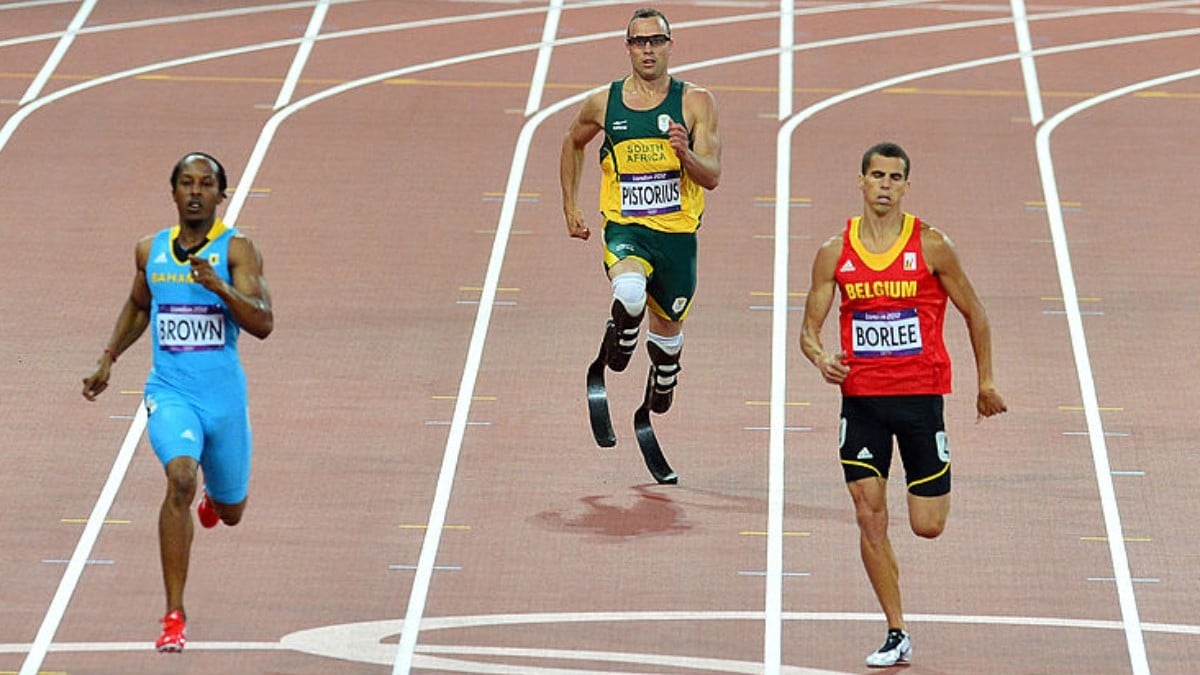





















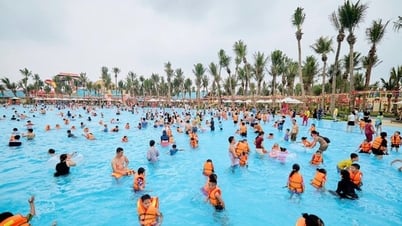





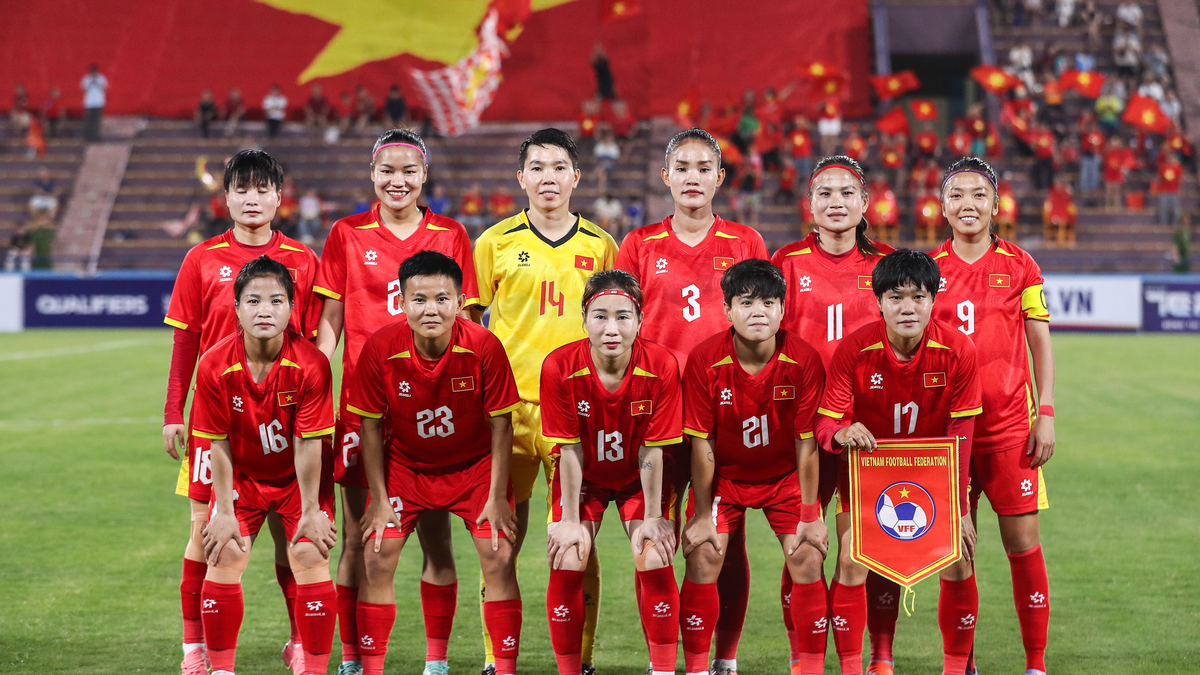




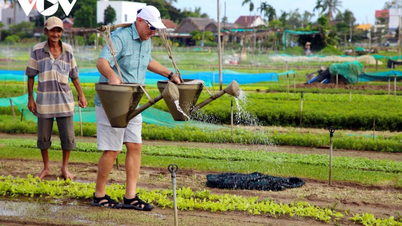













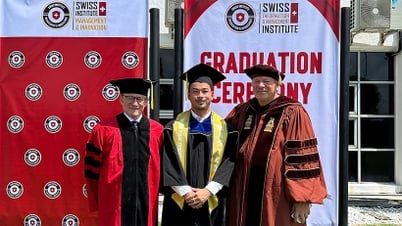




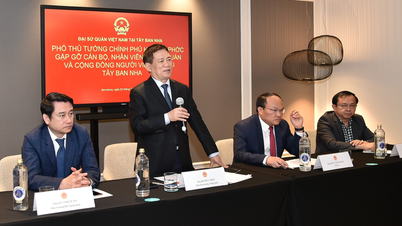





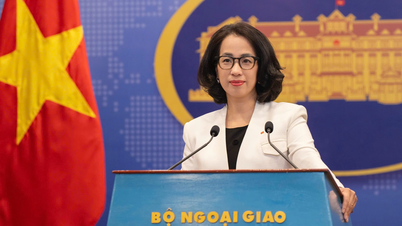

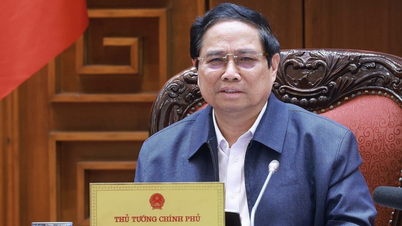












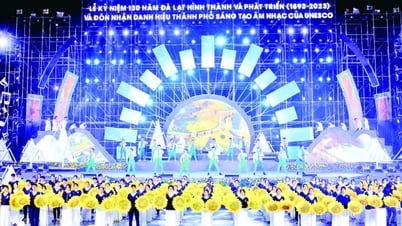

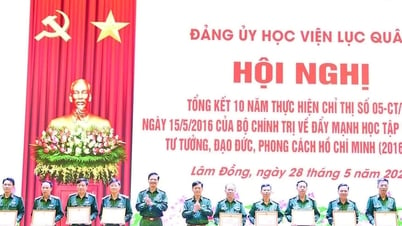

















Comment (0)